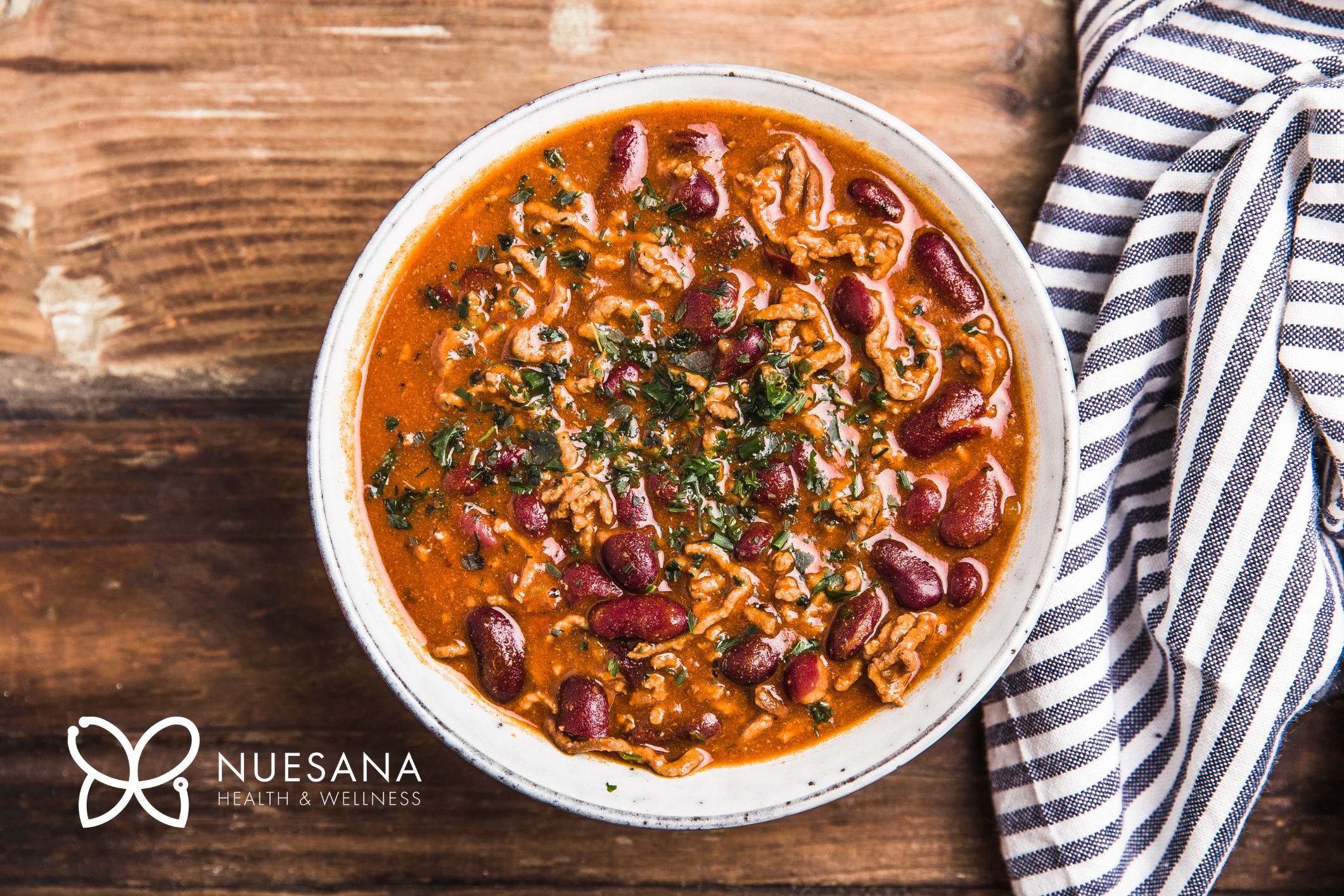Micronutrients: The Essential Building Blocks of a Healthy Diet
When it comes to maintaining a healthy diet, we often hear about the importance of getting enough protein, fiber, and healthy fats. But did you know that micronutrients are just as important for your health and well-being? These tiny nutrients, including vitamins and minerals, are essential for a wide range of bodily functions and can have a big impact on your overall health.
What Are Micronutrients?
Micronutrients are the essential vitamins and minerals your body needs in small amounts to function properly. They play a critical role in many bodily processes, including:
-
- Supporting a healthy immune system
-
- Helping to maintain strong bones and teeth
-
- Aiding in the production of energy
-
- Regulating metabolism
-
- Supporting healthy vision
-
- Promoting healthy skin, hair, and nails
-
- Supporting brain function and cognition
Micronutrients include a range of vitamins and minerals, such as vitamin A, vitamin C, iron, calcium, and zinc. While these nutrients are found in a variety of foods, many people do not get enough of them in their diets.
Why Are Micronutrients Important?
Micronutrient deficiencies can have a range of negative health effects. For example, a lack of vitamin C can lead to scurvy, a condition that can cause fatigue, weakness, and joint pain. Iron deficiency can lead to anemia, a condition characterized by fatigue, weakness, and shortness of breath. A lack of calcium can lead to weakened bones and an increased risk of fractures.
In addition to preventing deficiency-related health problems, getting enough micronutrients in your diet can have a number of other benefits. For example:
-
- Vitamin C is an antioxidant that helps to protect your body from damage caused by free radicals.
-
- Iron is important for the production of hemoglobin, which carries oxygen in your blood.
-
- Calcium is essential for strong bones and teeth.
-
- Zinc is important for immune system function and wound healing.
How Can You Get More Micronutrients in Your Diet?
The best way to ensure that you are getting enough micronutrients is to eat a balanced, nutrient-rich diet. This means including plenty of fruits and vegetables, whole grains, lean proteins, and healthy fats in your meals. Some specific foods that are rich in micronutrients include:
-
- Spinach, kale, and other leafy green vegetables (vitamin A, vitamin C, iron, calcium)
-
- Citrus fruits, strawberries, and other berries (vitamin C)
-
- Nuts and seeds (zinc, magnesium, iron)
-
- Dairy products (calcium, vitamin D)
-
- Whole grains (folate, magnesium, iron)
In addition to eating a healthy diet, you may also consider taking additional supplements to help ensure you get all of the micronutrients your body needs.







